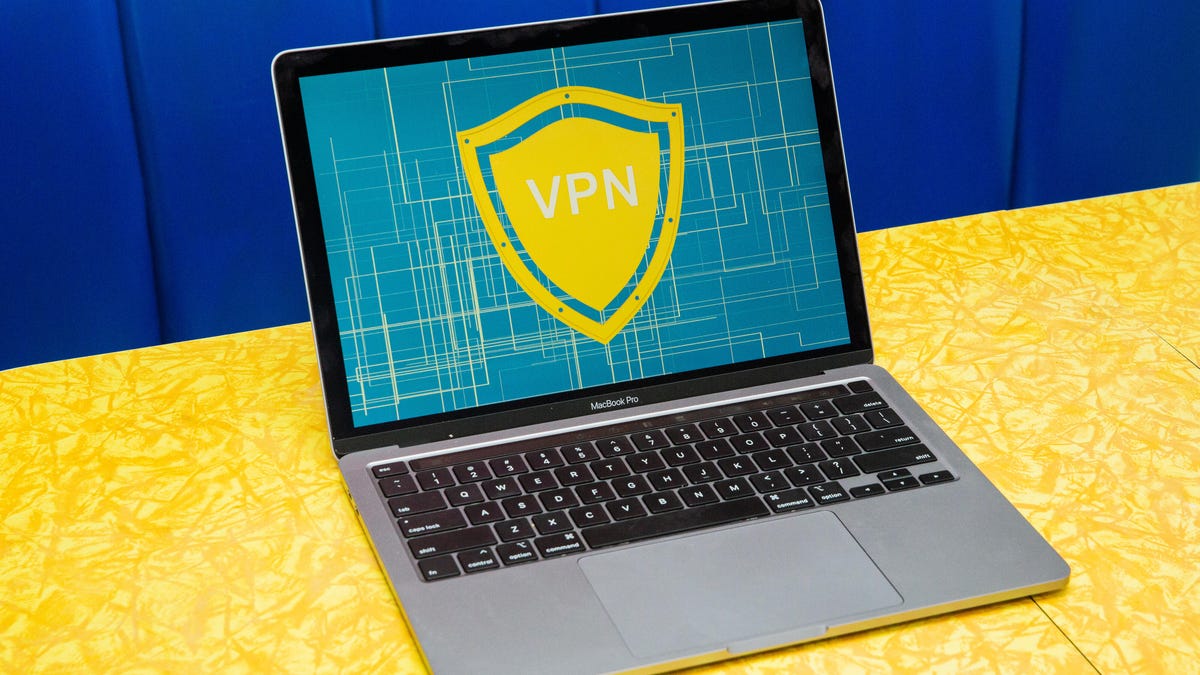VPN App or Browser Extension: Which Is Right for You?
Both offer protection but to different degrees.

A virtual private network, commonly called a VPN, is a privacy tool that can help protect your information online. It can encrypt your data and hide your IP address from others.
Once you've decided on which VPN is best for you, you might have the option of downloading a VPN app or using a VPN browser extension. Both give you VPN protection, but each one offers a different degree of protection.
We'll walk through the differences between VPN apps and browser extensions, and how to decide which one is right for you.
What is a VPN app?
VPN apps cover more of your online traffic, but VPN browser extensions can be applied to certain traffic and not others.
A VPN app is a standalone application that gives your device VPN protections. Once you download and set up the VPN app, all the internet traffic on your device -- whether it's from a browser or another app, like Spotify -- will be protected when you use your VPN.
A VPN app is kind of like those house-size tarps bug exterminators use to cover entire homes; everything is covered.
What is a VPN browser extension?
A VPN browser extension is narrower in scope than a VPN app. The browser extension only brings VPN coverage to the browser that it's been added to. But other apps that connect to the internet, like streaming apps, won't be covered by your VPN. A browser extension is similar to split tunneling in that some of your traffic is protected by your VPN but not others.
So if VPN apps are like house-size tarps that cover entire homes, browser extensions are like couch covers; they cover specific areas while leaving others unobstructed.
Should I use a VPN app or browser extension?
That depends on what level of protection you want.
Both VPN apps and browser extensions offer protection, but to different degrees.
If you want the most protection for all your web-based activities, then you should consider a VPN app. But you should also know that with that coverage, all your online activity might suffer from slower internet speeds -- including app-based streaming and gaming.
If you want VPN protection while surfing the web, but want to avoid slower speeds when streaming videos in HD or 4K, then you should consider a VPN browser extension. With a browser extension, you can pick and choose which browsers -- and their traffic -- are protected by your VPN. Just remember that not all your traffic is protected with a VPN browser extension.
Are either VPN apps or browser extensions illegal?
Using a VPN in any form isn't isn't illegal -- unless using a VPN is illegal in your country -- but it could lead to other repercussions.
Using a VPN could violate a site or service's user agreement, and you could face punishment for doing so, like account termination or suspension. You could also face legal trouble if you use a VPN to access content that is illegal in your area.
We advise reading through a site or service's user agreement before using a VPN. It's also important to remember that illegal activity is still illegal, even if you're masking your location with a VPN.
For more on VPNs, here are the best VPNs of 2023 and here's what to know about geo-blocking and VPN obfuscation.

